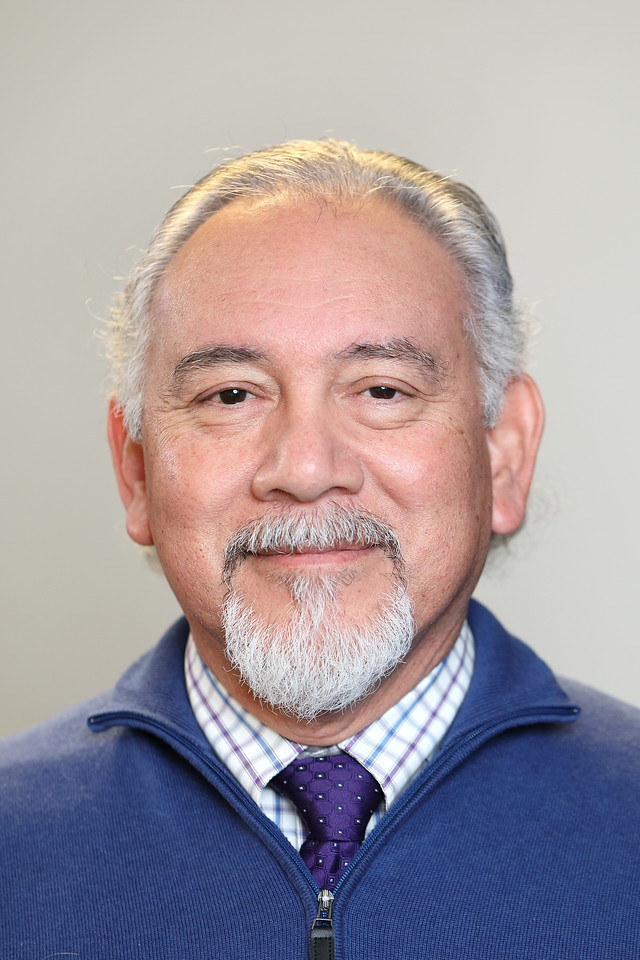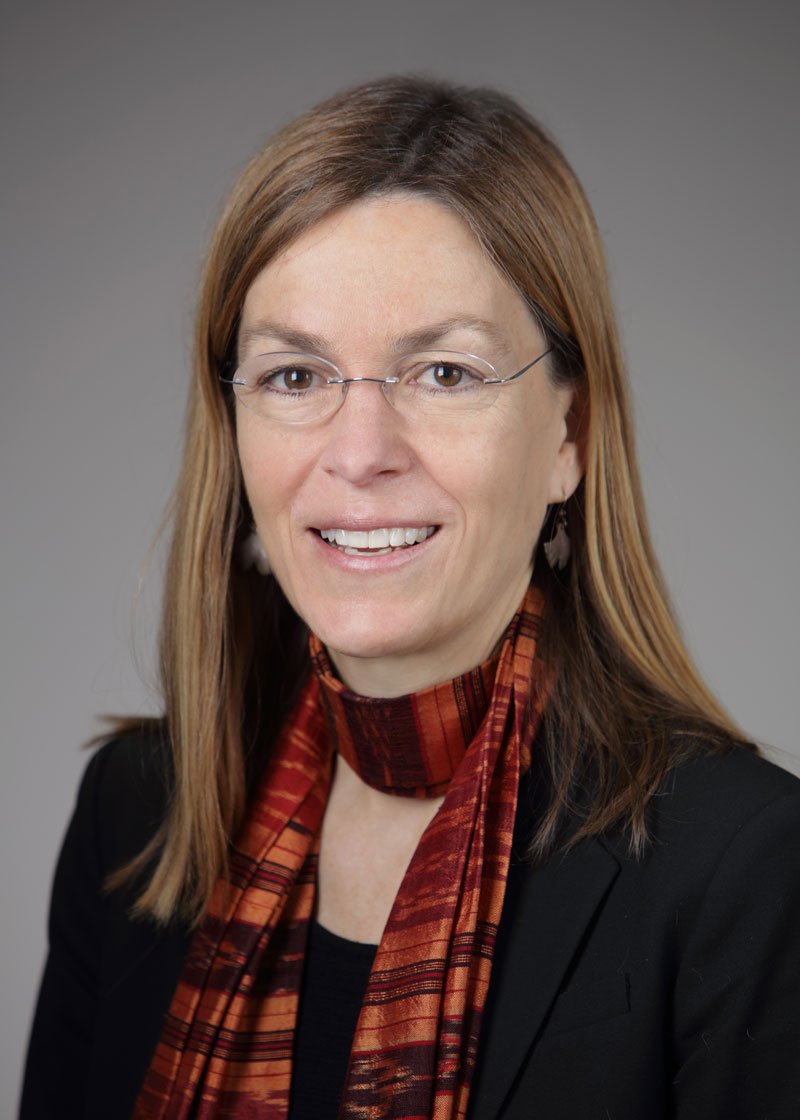Archived: MOSAIC Announcements and Upcoming Webinar
Last summer, we shared with you our new Maximizing Opportunities for Scientific and Academic Independent Careers (MOSAIC) funding opportunity announcements (FOAs). MOSAIC, which NIGMS oversees, is part of NIH’s efforts to enhance diversity within the academic biomedical research workforce. It’s designed to facilitate the transition of promising postdoctoral researchers from diverse backgrounds into independent faculty careers at research-intensive institutions. The program has two components: a research education cooperative agreement (UE5) and a postdoctoral career transition award (K99/R00).
We’re pleased to announce that the initial MOSAIC UE5 awards have been made to the following organizations:
- American Society for Biochemistry and Molecular Biology
- American Society for Cell Biology
- Association of American Medical Colleges
These UE5 grants will support educational activities that equip MOSAIC K99/R00 scholars with professional skills and provide them with the appropriate mentoring and professional networks to allow them to transition into, advance, and succeed in independent academic research careers at research-intensive institutions.
The next application receipt date for the UE5 is November 2, 2020. While NIGMS doesn’t intend to fund additional UE5 awards for the upcoming receipt date, four other NIH institutes and centers (ICs) are participating in the program: the National Center for Complementary and Integrative Health; the National Heart, Lung, and Blood Institute; the National Institute of Mental Health, and the National Library of Medicine. We encourage scientific societies interested in partnering with NIH on this effort to reach out to the scientific/research contacts listed in the FOA to learn more.
We’re also pleased to share that there are currently 15 NIH ICs participating in the MOSAIC K99/R00 award. NIH accepts applications for this award three times per year (similar to the parent K99), and the next application receipt date is October 12, 2020. We’re encouraged that for the first two application cycles, more than 75% of the applications received have come from scientists from historically underrepresented racial/ethnic groups, and more than 75% have come from women from all racial/ethnic backgrounds, demonstrating the strong and diverse pool of promising postdoctoral scientists conducting research within the NIH mission.
If you’re a postdoc interested in the MOSAIC program, but your research falls within the mission of an IC that is not participating, we encourage you to reach out to us to discuss your options.
Interested in learning more about the MOSAIC K99/R00 and UE5 programs?
Join our webinar:
Tuesday, August 18, 2020, 1:00-3:00 p.m. ET
Join The Meeting (link no longer available)
Meeting ID: 161 521 2038
Password: MOSAIC
Please refer to the FOAs for detailed information on eligibility. If you have additional questions about MOSAIC, please see our Frequently Asked Questions or contact Kenneth Gibbs.



